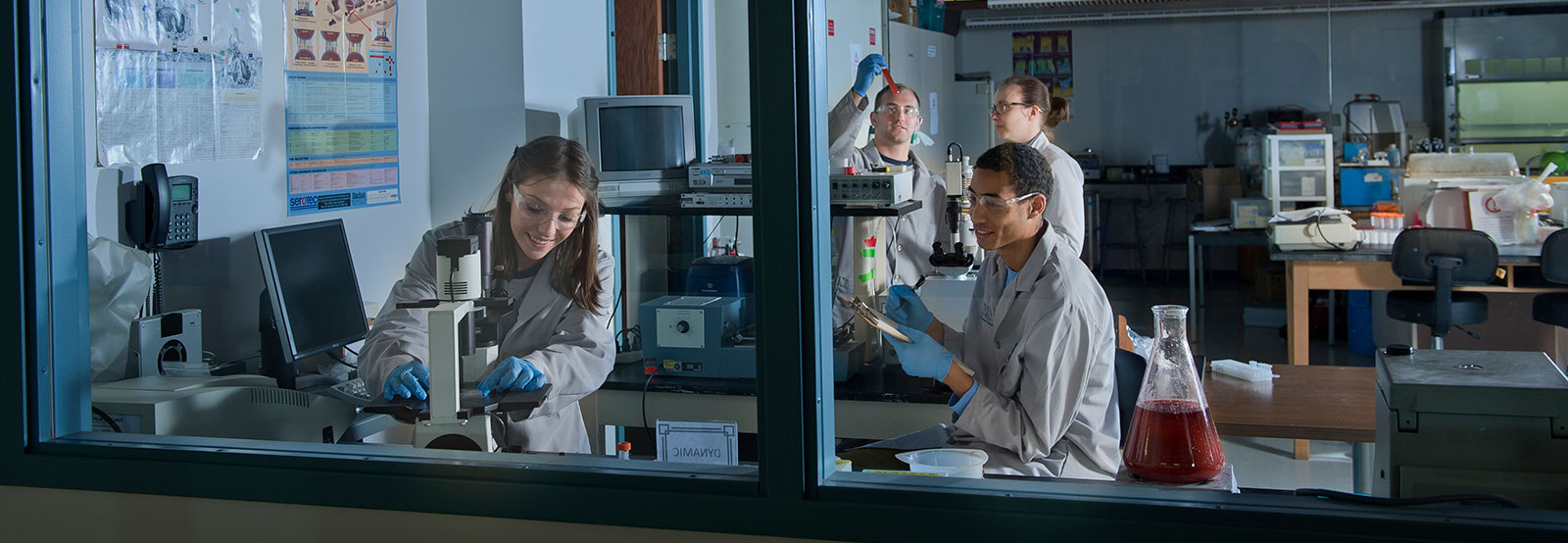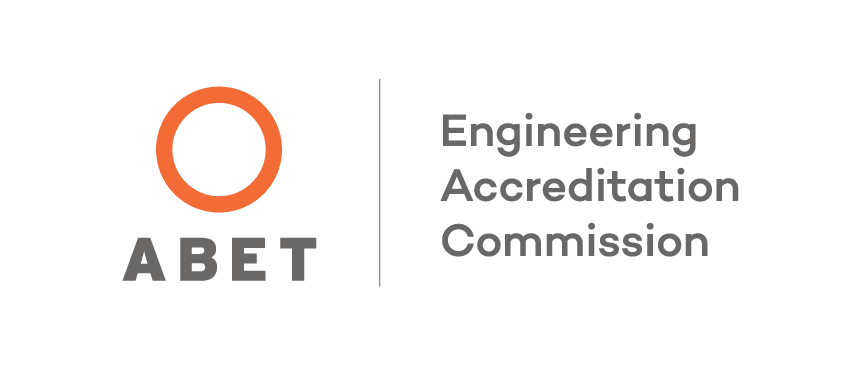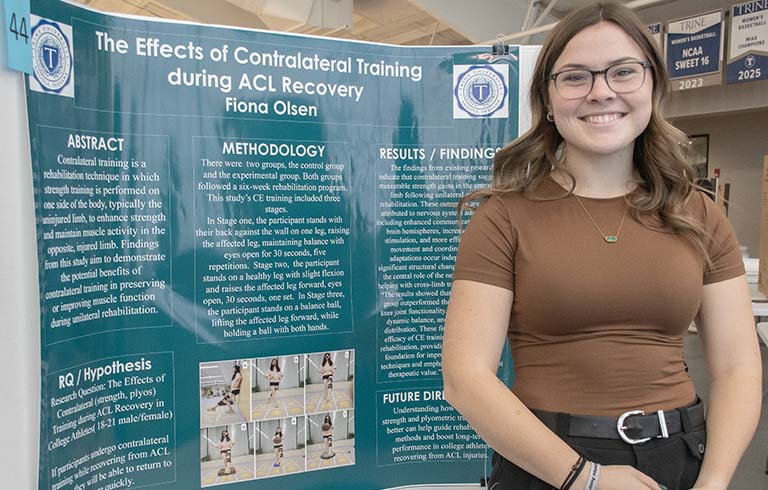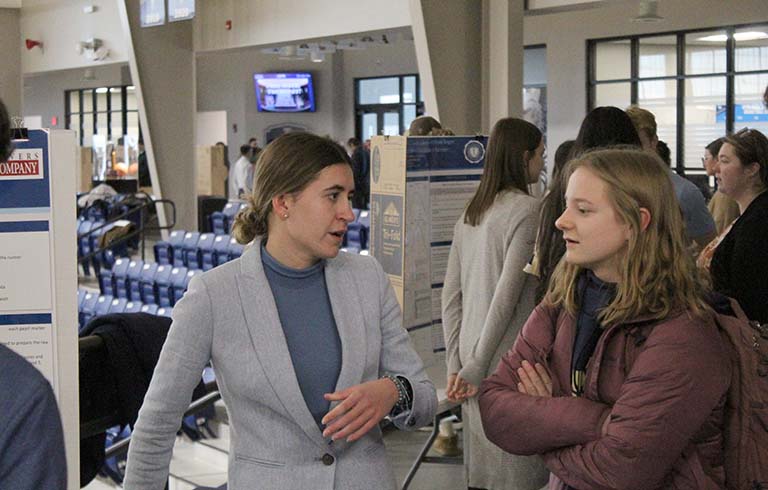Biomedical Engineering
Bachelor’s

Why BME at Trine? | What is Biomedical Engineering? | Curriculum | Careers | Department News | Faculty | Learn More
Why choose a Biomedical Engineering degree at Trine?
1:1
95%
10
33%
Paid
Biomedical Engineers design solutions for medical applications
The human body is a complex machine, and, like all machines, sometimes needs a little engineering help. The Bachelor of Science in biomedical engineering at Trine University equips you with the tools needed to develop these solutions.
The degree: Integration of engineering and biological sciences
The Bachelor of Science in biomedical engineering integrates the design and problem-solving skills of engineering with medical and biological sciences to advance health care. The biomedical engineering program prepares you for a successful career in industry and graduate school. You will be able to select one of three focus area concentrations: research, electrical or mechanical engineering.
 Trine University's biomedical engineering program is accredited by the Engineering Accreditation Commission of ABET.
Trine University's biomedical engineering program is accredited by the Engineering Accreditation Commission of ABET.
The experience: Use biomedical engineering tools to solve real problems
Building upon Trine University’s rich engineering heritage, the biomedical engineering program presents a “hands-on” approach to student learning. You will have access to state-of-the-art engineering laboratories as well as various labs in the Jannen School of Arts and Sciences.
- Integrated exposure to an eight-camera Vicon Motion Capture Biomechanics Lab
- Material property analysis utilizing an Instron Tensile Machine in the Biomaterials Lab
- Static and dynamic assays as part of the Biomedical Engineering Laboratory Techniques course
- Physiological measurements with biomedical instruments
- Applied human-centered senior design projects
- Scaffold development for cellular integration utilizing a 3D Tissue Printer
- Potential to acquire minors in bioprocess engineering, robotics, chemistry, biology or mathematics
The result: Success in a career or graduate school
As a graduate with a Bachelor of Science in biomedical engineering degree, you will be equipped with the skills to be successful in industry or graduate school.
- Our faculty and employment specialists aid students in understanding the opportunities available within the field of biomedical engineering
- Our modular curriculum allows students to tailor their degree plan to fit personal and career interests
- You will engage in biomedical-related co-ops, internships and REUs, including opportunities sponsored by Trine Innovation 1
- You will have the option to pursue health science career paths including pre-med, Master of Physician Assistant Studies and Doctor of Physical Therapy programs or a Master of Science in Engineering Management
An Investment in Your Education—and Your Future
Additional Information
Employment Opportunities
Biomedical engineering has a projected growth of 23% over the next 10 years according
to the Bureau of Labor StatisticsOpens in new window . Graduates will be prepared
for the following career possibilities:
Design, manufacturing, quality control, testing evaluation, research and development
Industry
Entrepreneur
Graduate School: Research, Prosthetic School, MBA or MSEM
Pre-Med, Physician Assistant, Physical Therapy
Dental School
Lawyer
Patents
Some of the companies that are likely to recruit our graduates include:
Abbott
Boston Scientific
CareFusion
DePuy Synthes
Eli Lilly
GE Healthcare
Johnson & Johnson
Medtronic
Össur
Ottobock
Paragon Medical
Philips Healthcare
Roche
Smith & Nephew
Stryker Orthopedics
Tecomet
Willow Wood
Zimmer Biomet
Program Information
Degree
BS in Biomedical Engineering
Duration
129 hours
Level
Undergraduate
Campus Location
Angola, IN
School/College
Careers in Biomedical Engineering
Latest News
All BME Articles







